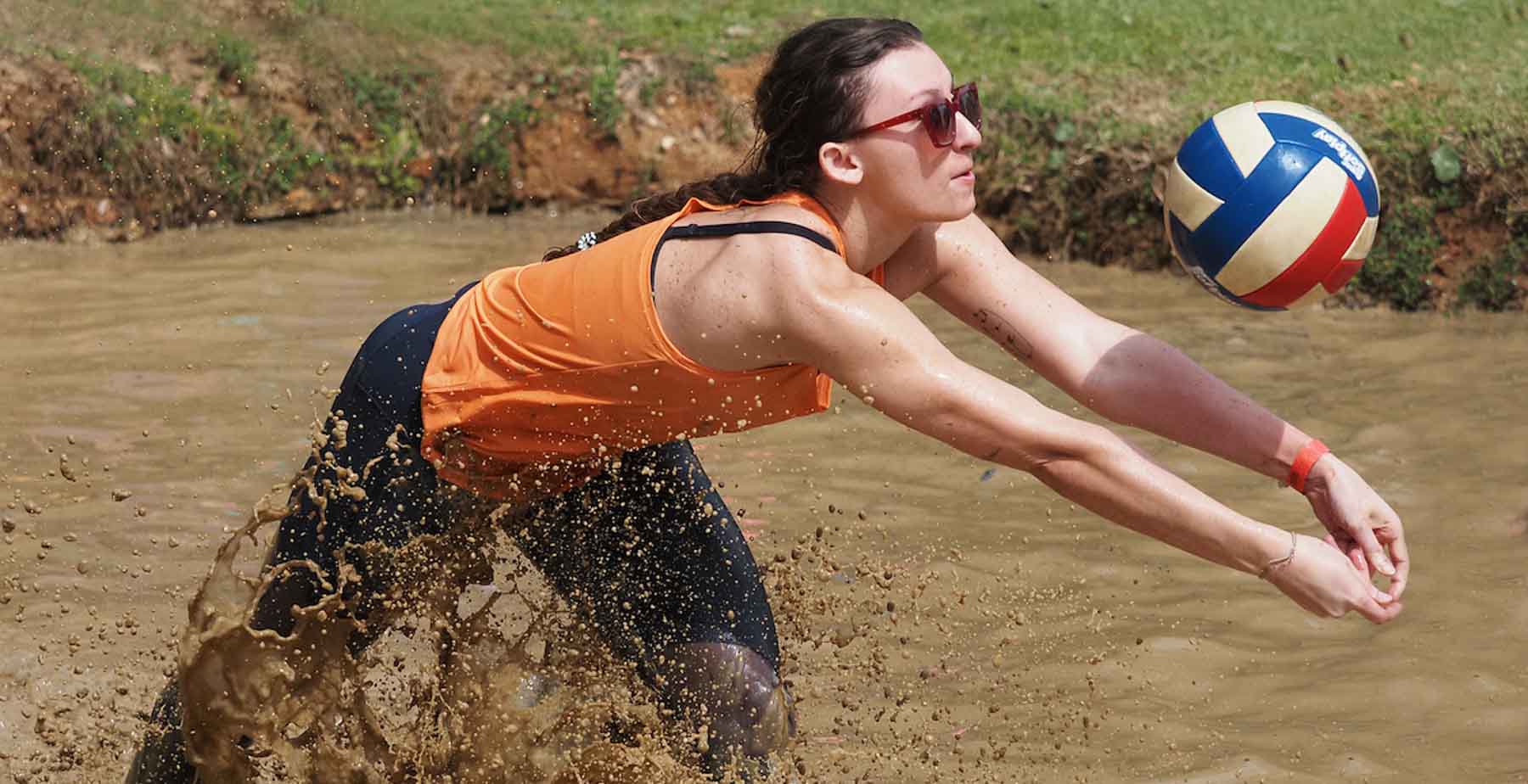South Receives Renewal for Delta Fellows Program
Posted on November 17, 2020
A team at the University of South Alabama led by the Honors College, with collaborators from the Office of Community Engagement, African American studies program, department of history, and the Doy Leale McCall Rare Book and Manuscript Library, received a renewal for its Delta Fellows program from the Jean O’Connor-Snyder Internship Program at the David Mathews Center for Civic Life.
The David Mathews Center works to strengthen civic life in all 67 Alabama counties by increasing active citizenship, community collaboration and effective decision making. The award to USA funds four students to engage in immersive civic learning projects.
“We're using history and the humanities as a way to connect with the community, and to understand our past and present in a way that's particularly important in the context of contemporary events like this summer’s protests and conversations around Confederate monuments,” said Dr. Kathy Cooke, history professor and dean of the Honors College.
During 2019-20, the Delta Fellows focused on the Blakeley Bluff region of south Alabama, building on community relationships established during an oral history project funded by the Alabama Humanities Foundation. The students planned, organized and hosted a virtual community meeting in summer 2020, in which they learned about community perspectives on ecology, conservation, and diversity and inclusion. For the 2020-21 year, work in the Blakeley area is continuing, and new interns will engage in additional projects. One intern is supporting the work of the Mobile County Remembrance Project, which is working on a plan for bringing Mobile County’s lynching marker to the area from its temporary home at the National Memorial for Peace and Justice in Montgomery. Another intern is supporting an ongoing community-based archive project documenting the experience of Mobile’s Jewish community, a project that is also supported by the Alabama Humanities Foundation.
The students have had to adapt to doing community engagement during a pandemic. While their summer was originally going to be devoted to team projects, they shifted to individual papers and presentations prior to planning their virtual community meeting. Most of their work, including conducting interviews with community members will continue to be done virtually until conditions change. However, Cooke notes that “we can maximize the unique and innovative requirements of this time to produce products, like recordings, that have real staying power. There is real research that needs to be done. And there's real connection with the community. And that's one of the reasons I'm so glad that we have this grant is because we're able to do that with support, with visibility, and with student, faculty and staff engagement. These are all really essential aspects of a thoughtful educational and university environment.”





